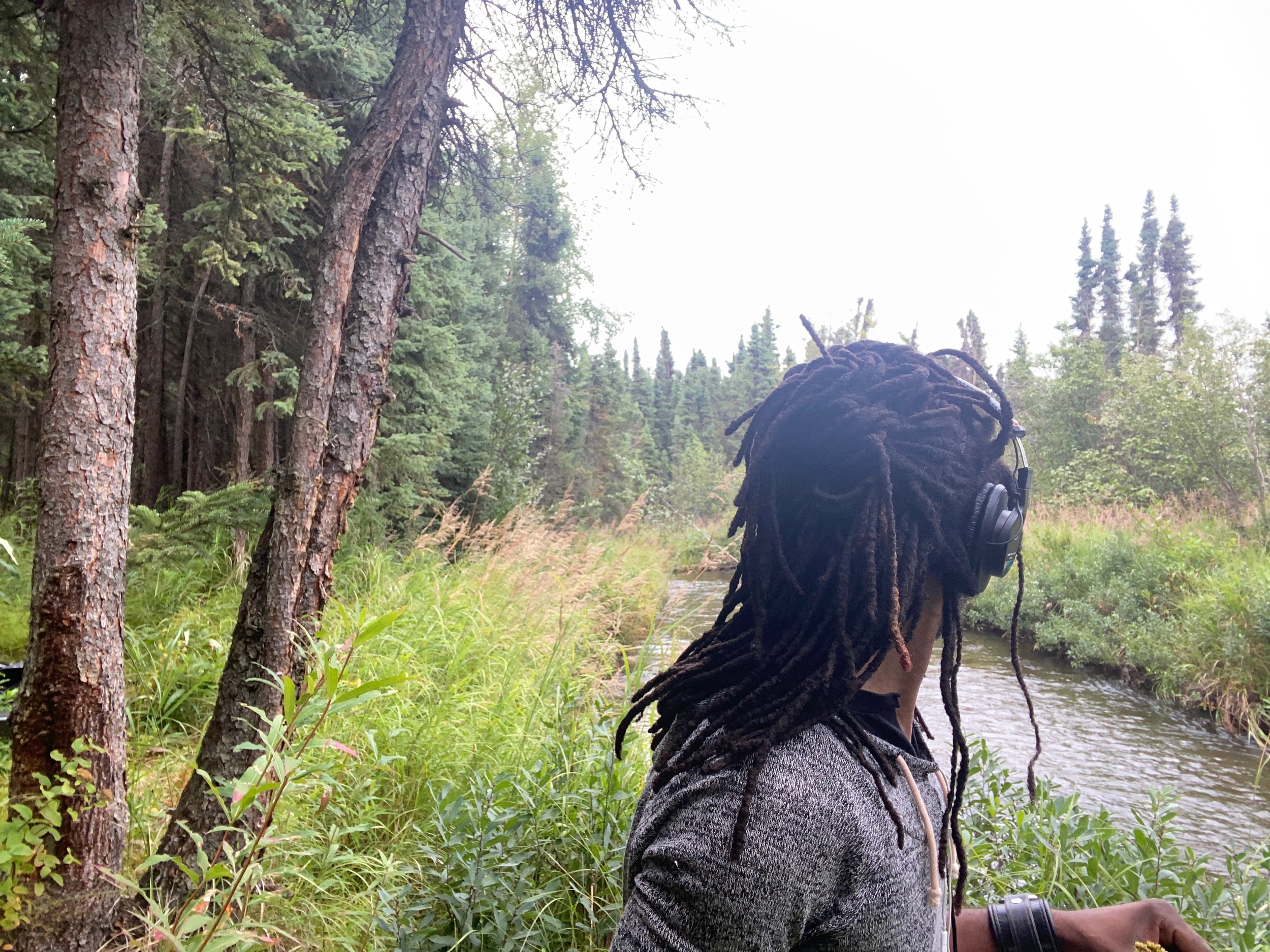Mindful Practice Guide for Musicians
…but, what do I practice?
Mindful Practice Guide
• 9 Things to Consider •
SET INTENTIONS
What would you like to achieve? Creating a list of goals helps to guide your focus.
Begin practice with making sure your space is open and inviting. Remember that playing music requires both sides of your brain. That’s a lot of brain power. Prepare with slow breaths and gratitude.
WARM-UP Exploration
Play scales, arpeggios, and chords. Rather than using words, use the tones of the scale to make a musical sentence. Use them to express your emotions improvising your thoughts. For instance, if you are sad, try using a minor scale or just play as many notes as you can simultaneously. The idea is to transfer and transform the energy. This is also an opportunity to become familiar with your instrument by focusing on what sounds are coming from it, rather than what sounds you want it to make.
REPERTOIRE
This requires a bit of discipline and focus. Repertoire is the music that you’ve learned and are prepared to play. These pieces are either self-assigned or assigned by your mentor. Learning music can be challenging, but it is necessary to have music you enjoy, and also encourages growth. Persistence and dedication helps with this. YOU must set aside the time, no excuses. If you need help, revisit the first step in this mindful practice guide.
Balance is Essential
Play a duet with the sounds around you. When should respond? When should you be silent?
LISTEN
Listen to your body, with your body. Sound waves can be perceived with the other senses as well. Use your whole body to ‘hear’ the music. Move slowly, very slow. Practice Patience. GOOD LUCK!
Rhythm
Your body has its own rhythm. Place your hand over your heart. That’s your rhythm. Follow it and you’ll notice one of two things, it speeds up or slows down, either way there’s an ebb and flow. In the west, we create a steady pulse, around which we add and subtract, divide, subdivide durations of sounds. When sounds are repeated in a pattern, we begin to recognize rhythm.
A metronome is a device that helps with establishing pulse. It keeps the pulse steady, like a clock. I encourage, playing both with a metronome and without. With it, so you have a reference. Without, so you have the truth.
This one is tricky, and so much fun!
TAKE A BREAK
Focusing on decoding music can be quite the situation. I suggest a quick breather to allow for a reset. As a general rule, when practicing, I play between 30 mins to 1hr at a time. There are at least two minutes in that time where my brain is not actively engaged in the music. That’s ok.
If you are convicted by the spirit, then you know that a break is to allow for the message to be received and acknowledged. Respect the process and continue.
Listening
Requires the whole body. Hearing is only one part of the equation. Can you feel your instrument’s vibrations? This photo was taken in Alaska. I am monitoring the sound of the creek, but I can also feel the tempo of the stream on my skin. Through the same breeze that is carrying the sound waves to my ear and from the light waves that are traveling to my eye. Groovy huh?
LET THE SPIRIT MOVE YOU
Use what skills you have acquired to improvise. Improvisation encourages adaptation allowing space to overcome.
EXPERIMENT
Release what you have learned and discover something new or innovate through more experimentation.
REFLECTION
Give thanks for the gift of music. Did you accomplish your goals during this practice session? If yes, Give thanks, begin again tomorrow. If no, give thanks, begin again tomorrow.


